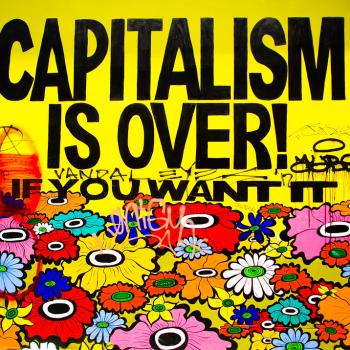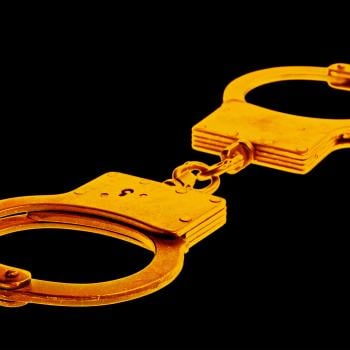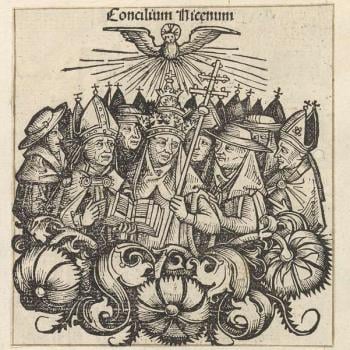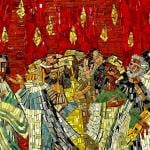When President Obama ponders tough decisions at the White House, he may join the cadre of presidents who have sought inspiration in the Truman Balcony’s stunning vista, gazing at the Washington Monument and the Jefferson Memorial, which commemorate our first and third commanders in chief. But there’s a man missing from this presidential panorama.
Where is John Adams, our feisty second president and lifelong American patriot? If George Washington was the sword of the revolution and Thomas Jefferson the pen, why have we neglected the voice of our nation’s independence?
Adams himself predicted this omission. “Monuments will never be erected to me . . . romances will never be written, nor flattering orations spoken, to transmit me to posterity in brilliant colors,” he wrote in 1819, nearly two decades after his single term in office. At his farm in Quincy, Mass., Adams worried that he would be forgotten by history, and for good reason: The temperamental Yankee could never outshine Washington and Jefferson, Virginia’s two-term presidential all-stars — one a brilliant general unanimously chosen to lead the nation, the other the eloquent author of the Declaration of Independence. . . .
It’s a shame he couldn’t see Adams, too. Still, as we celebrate July 4 — the anniversary of the declaration’s adoption and of Adams’s death — it’s high time we honored this “passionate sage,” as Pulitzer Prize-winning historian Joseph Ellis titled his Adams biography. He is the founding father most unsung in the capital’s memorial landscape.
What’s the case for Adams? Before the revolution, he was the nation’s first attendant to the American legal tradition of due process, defending British soldiers who fired on colonists during the Boston Massacre. One of Massachusetts’s representatives to the First and Second Continental Congresses, Adams was a champion of separation from England and the fiercest advocate of Jefferson’s declaration. Without his persuasive speeches in the Philadelphia chamber, the document wouldn’t have been signed. While Jefferson was silent during what he considered the convention’s editorial debasement of his work, Adams defended every clause, including an excised call for the abolition of slavery. Jefferson called Adams “a colossus on the floor” of the Congress.
Then, during the war and in its aftermath, Adams assured America’s birth and survival with diplomatic missions to Paris and London. He helped secure a line of credit for the new republic from the Dutch, establishing American solvency. He also helped negotiate a treaty with Great Britain that recognized the United States as a nation.
Most misunderstood — and mistaken as a failure — is Adams’s presidency. Elected in 1796, Adams went against public sentiment to avoid an expensive and unnecessary war. Under enormous diplomatic pressure from France and England to take a side in their interminable conflict, the president refused to entangle his young nation on faraway battlefields. Instead of rallying his Federalist party around aggressive war, he expanded the nation’s Navyto fortify American borders against assault. Adams’s one blunder — signing the Alien and Sedition Acts to empower the executive to limit free speech — overshadows the agile diplomacy that may have cost him a second term. . . .
“John and Abigail Adams should have been on the Mall 100 years ago,” Ellis said. “Adams was so imperfect, honest about losing his temper — he is the ultimate example of what we need to learn” from the founders.
via Why doesn’t John Adams have a memorial in Washington? – The Washington Post.
And then we should put up a monument to James Madison, the man who basically wrote the Constitution!












